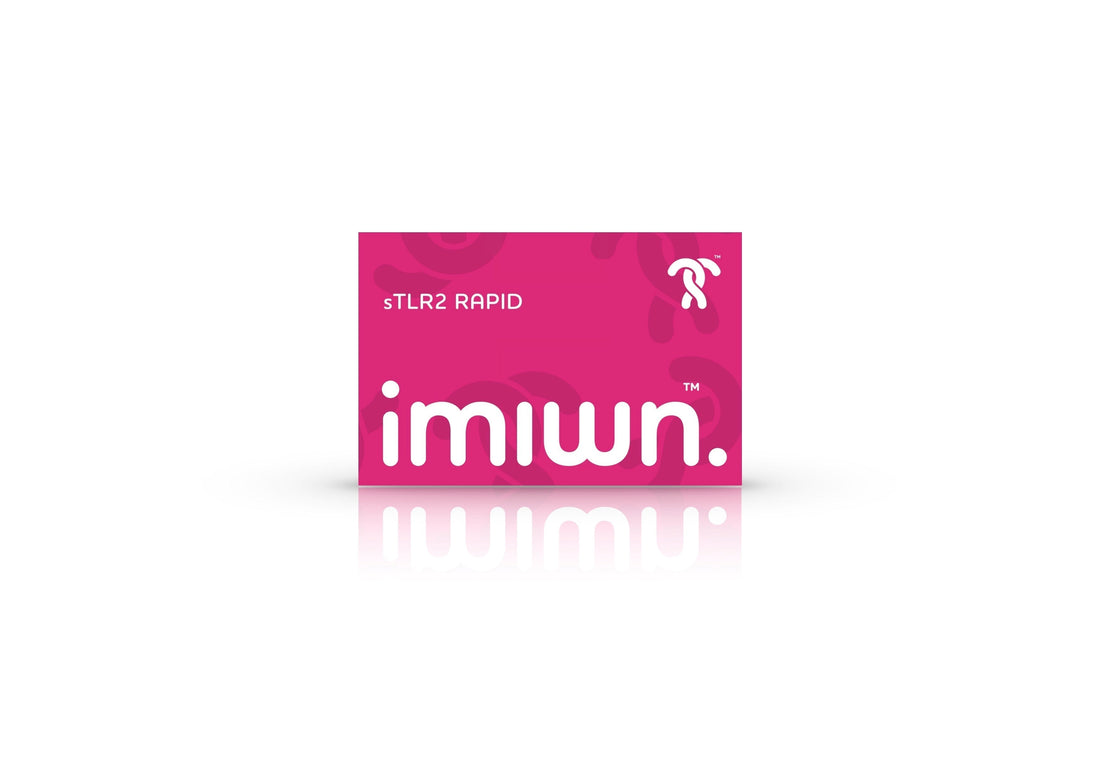We are pleased to announce our completion of the development, and registration with MHRA, of a new rapid test kit as an aid to the diagnosis of sepsis and inflammatory disorders. The test kit has been developed at our R&D lab in North Wales specifically for use in hospital labs, and gives results in 10 minutes.
The imiwn soluble Toll-like receptor 2 (sTLR2) rapid test is a rapid in vitro diagnostic immunochromatographic assay for the semi-quantitative measurement of human soluble Toll-like receptor 2 (sTLR2) in serum - a biomarker of inflammation and sepsis. The level of sTLR2 in serum has the potential to provide additional information to that of traditional biomarkers such as C-reactive protein (CRP).
A soluble form of Toll-like receptor 2 (sTLR2) is present in human serum, plasma and amniotic fluid, and showed anti-inflammatory potential. It is released early upon infection/cell activation and acts as a decoy receptor to limit inflammation. Elevated levels of sTLR2 may be present early in patients with sepsis, and other infective and inflammatory conditions.
Our sTLR2 RAPID test addresses a significant gap in the sepsis diagnostic market, providing scientists and clinicians with a new, potentially transformative tool, and additional opportunities for decision making and health outcomes.
Licensing opportunities for our panel of monoclonal and polyclonal antibodies for research and commercial use, or distribution of our antibodies, reagents and diagnostics are available.
For further information see imiwn.com

